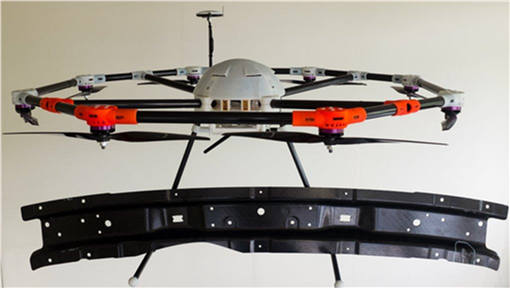
Inspection passed – Successful first project review
After the beginning of the second year and during the first innovation cycle, the first Productive4.0 project review was held on July 18th and 19th at the charming country hotel Limmerhof south of Munich. The coordination team, all of the 20 work package leaders and the demonstrating partners came to present the progress of their innovation activities to ECSEL Program Officer Berta Ferrer Llosá and two other external reviewers.
This included a project overview, reports on the work packages and dedicated presentations of various use cases. After coordinator Thomas Gutt opened the event and introduced the project and its agenda, George Dimitrakopoulos explained the dissemination activities which were highly appreciated by the ECSEL representatives from Brussels. Ultimately, the reviewers with their strict eyes were also satisfied with the all the other presentations.
Demonstrators and prototypes
Concerning individual aspects of tasks and use cases, Erik Karlsson and David Rutqvist from Swedish BenearIT gave a demonstration on the results of implementing the service oriented architecture as described in work package1 with Arrowhead playing a key role.
Jiri Kadlec from Chzech based Utia, focusing on IoT enabling components, demonstrated a newly enhanced design flow modelled to meet the requirements of work package 3. It is based on a 28nm Zynq chip and will serve for industrial automation, local data processing and data communication. It is a step ahead towards making products and processes a lot more traceable and controllable.
Georg Laipple from German Bosch presented prototypes of its use cases in work package 4 and 5. One is a computer model which automatically determines optimal lot sizes in the production industry. It will save costs and make planning easier. Another demonstrator was a simulation based supply-network optimization system.
Addressing mainly work packages 8 and 9, Jon Salvidea and Gorka Unamuno from Spanish Savvy/Danobat and Ideko presented their progress in machine tool digitization. They already have a number of real implementations and work with all work packages.
Stunning pressure sensor and a flying robot
In the context of an open online sales and marketing platform in work package 7, Hans Ehm from Infineon demonstrated various applications of a new and extremely sensitive pressure sensor. Based on the surrounding atmospheric pressure, it is able to measure the height position of objects or people to the precise centimetre. In an online tennis match he moved a virtual racket simply by lowering or lifting the sensor.
Something that is really meant to go up in the air is a flying robot Stefan Fink from German Iemtec and his team brought along. It is subject of a use case together with car producer BMW in work package 8. Indoor or outdoor, the flying robot can do all kinds of jobs like spraying car parts or scanning items, boxes or containers. It is supposed to make parts of the production safer and more cost effective.
Last but not least, anything new on the market has to be standardized; and standardization in work package 6 is the domain of Erwin Schoitsch from Austrian AIT. He pointed out the challenge of perpetually creating new standards so all entities in the industry can smoothly cooperate.
At the end of day two, the review team considered that the project is progressing very well. Even though this was a preliminary assessment, the project appears to have achieved all the objectives for the period. The Productive4.0 consortium is now looking forward to the final result and preparing for the next project review.


